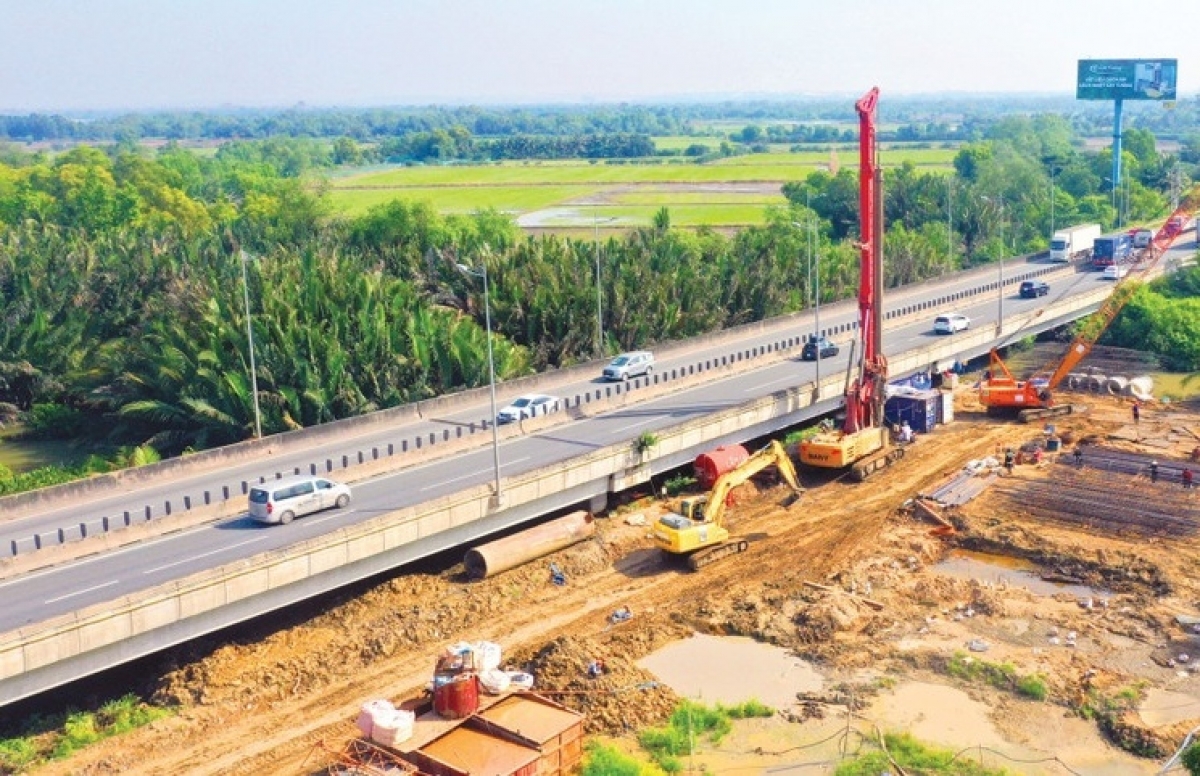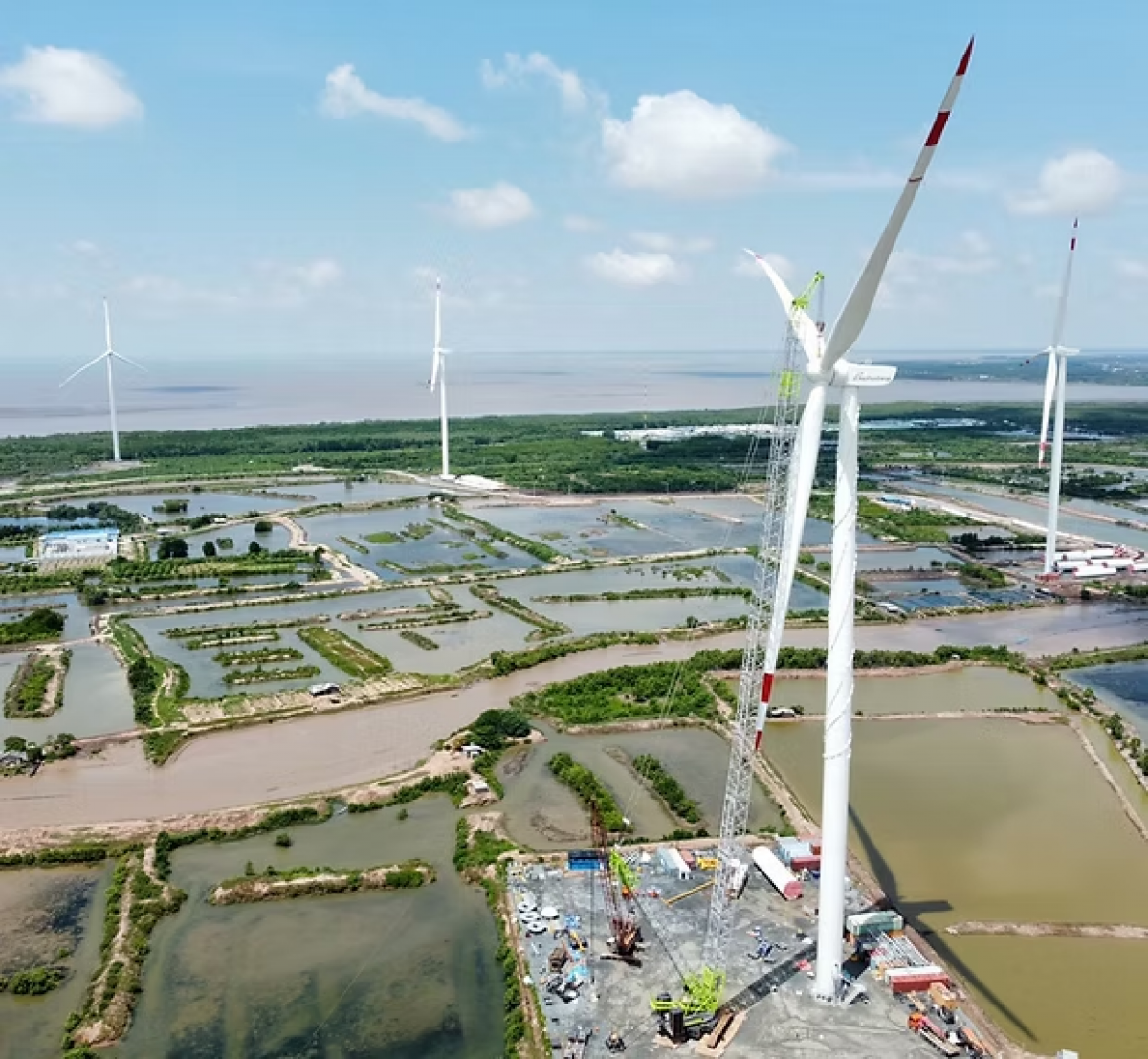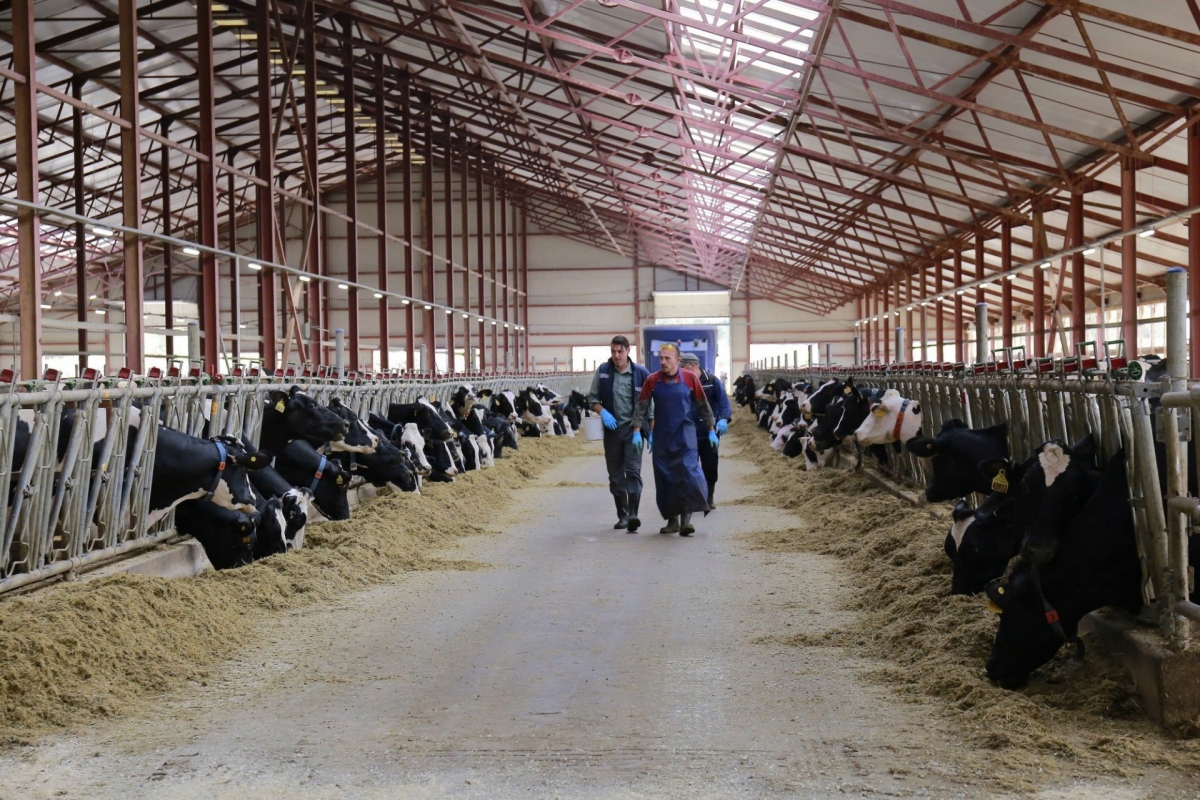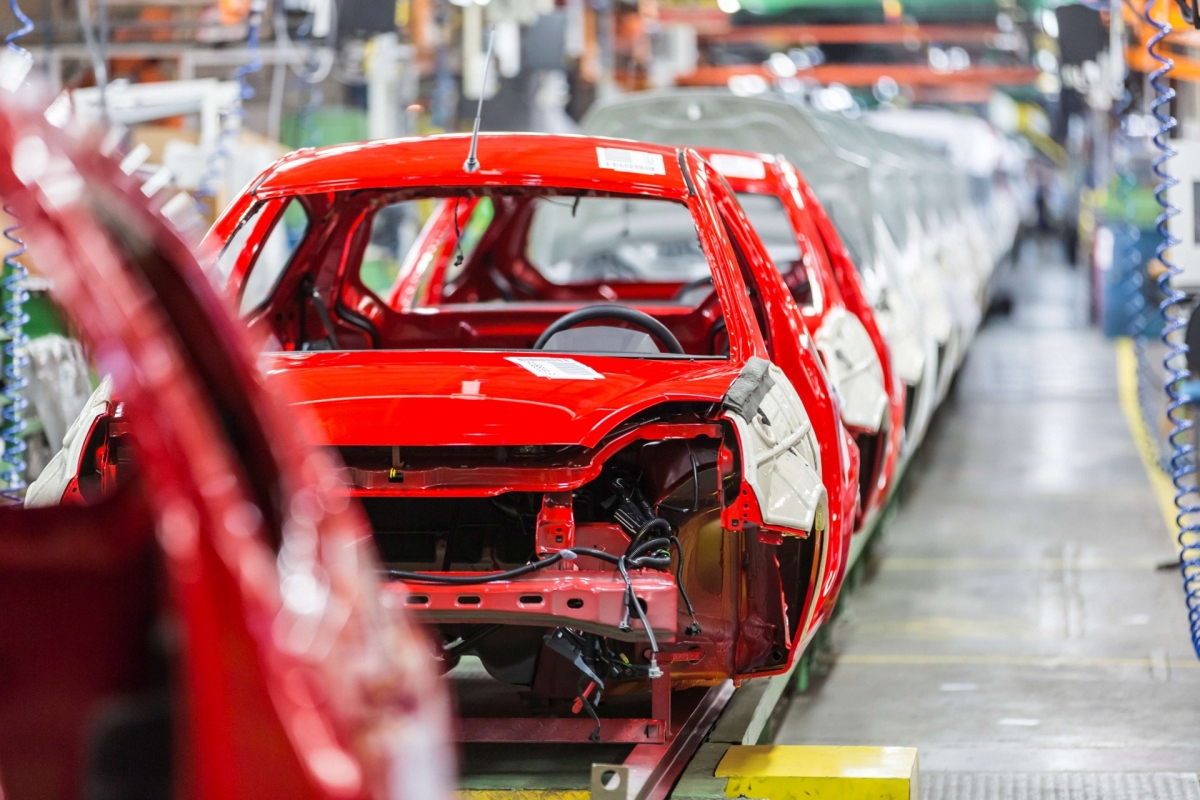INTERNATIONAL INVESTMENT
AND PORTAL
Five years ago, no-one was asking us about sustainability, and we had to fight to actually get investors to come on board. Today, we have investors asking “What is your long-term sustainability strategy?” So clearly, something has changed.
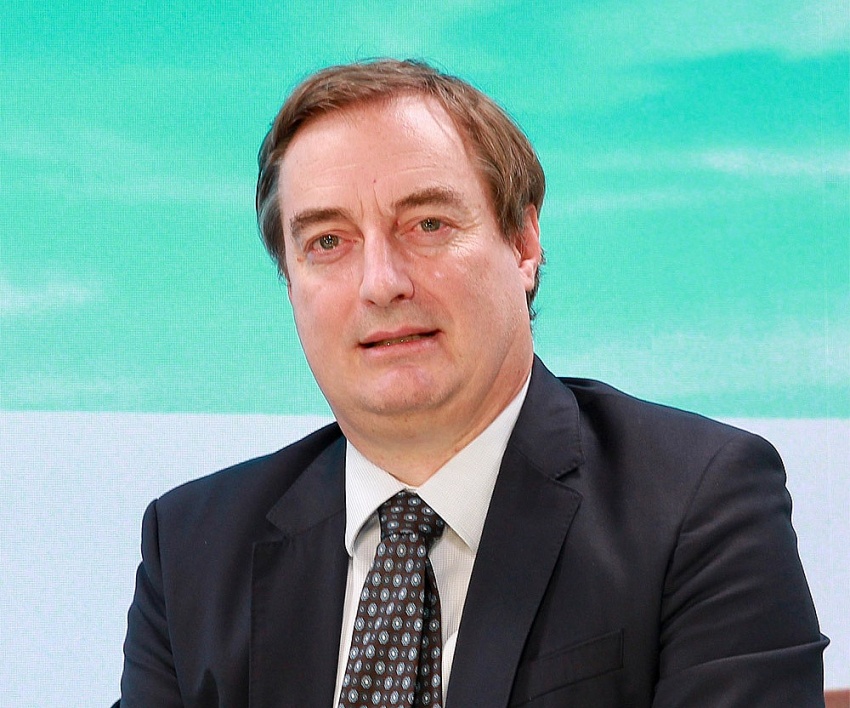 Bruno Jaspaert, CEO of DEEP C Industrial Zones
Bruno Jaspaert, CEO of DEEP C Industrial Zones
Now, it is crucial for any business, especially listed companies, to report on their sustainability efforts. Models like our eco-IP actually enable investors to use part of our efforts to overcome some of the hurdles for them to report on sustainability. If we put in place an ISO-certified wastewater treatment plant and its output can be reinjected inside a customer’s industrial cycle, that means the customer is recycling the waste, which can go into his reporting.
The same goes if we install solar panels on a customer’s roof or similar initiatives. As you try to make as many recurring loops as possible, that would lead to a circular economy. I believe that requires a lot of insight from the eco-IP developer, as they need to understand their customers.
We try step-by-step to develop projects that make a difference not only for us but also for our customers. In a sense, we are repackaging sustainability in a number of services – a concept which is still quite novel. That also means we need to invest a lot. Often, we don’t wait for our customers to realise the need. We do it ourselves, and afterwards offer it as a service to them.
Could you give an example of a collaboration between you and a customer to create a circular economy?Two of our customers both need a lot of steam for their production process. They both filed a feasibility study with a steam plant in sight, and more or less came on stream at the same time. So we took the initiative, talked to both of them and offered to build a steam plant.
On top of that, that steam plant would actually use the water coming out of our wastewater treatment plant. We also made sure that the steam plant would not be run by a standard fuel but as a biomass steam plant, and as a by-product, we would be able to recycle some of the heat into electricity, and put that back as green energy into our electricity grid, as we have our own electricity grid at DEEP C.
In the end, neither of the customers needed to invest. Instead, they just paid a fixed fee per cubic metre of steam. For us, we could insert extra green energy into our grid, while making deals with the local communities for all their biomass material to be burned off in our steam plant and recycling the output of the wastewater treatment plant.
Have businesses in Vietnam shown receptiveness towards the concept of eco-IPs?Domestic ones struggle a bit more with the necessity to be sustainable. For listed companies, there are more requirements now to look into it. Some newer startup companies are very eager to be sustainable, or have sustainability ingrained in their setup.
For companies that will export to the United States or Europe, there’s a GRI standard to comply with and the new European standard on sustainability reporting, so they will feel the brunt of those measures as of this year. But of course, it’s always a supplier that pays the price. It’s easy for a big company to go sustainable, as they only receive the goods that somebody else had made for them. That means the suppliers, the Vietnamese companies here in Vietnam, have to adjust.
However, there are still numerous companies that don’t care. There are some investors that are driven by only one thing: price, as they try to be as cheap as possible. My own opinion is, for the future, those investors one day will again find a cheaper country with lower cost of labour and utilities. And you can’t bank the future of your land on an investor that would only come in for the short term.
Could you elaborate more on the DEEP C’s operations and services?We do everything ourselves, from delivering electricity and water to wastewater treatment. For companies that need temporary lodging to start up a factory, we have LEED-certified warehouses that will enable them to get settled.
For DEEP C to look after a sustainable standard, it took us quite a few years - it didn’t happen overnight. For customers that are concerned about pricing, our response would be “We’ll give you a lower price, but we should be partners.”
We will rent back their roof, and put solar panels on it. And if it suits them, they can buy the electricity back discounted, and we will give them renewable energy credits for it. So, part of the price equation is out of the window, and it’s a win-win situation.
The question is, why aren’t more people doing this? It requires significant effort because for a lot of these sustainable initiatives, the law is not ready. It takes perseverance and cooperation with local authorities for quite a few of our projects, but we have been lucky that the local authority gave us a trial status.
For example, there is no building code to build roads based on waste. However, we’ve built the first one with recycled plastics we collected from our customers, and will do our next trial this year. We will then monitor the road for the next five years to see if there’s any plastic pollution, and only then it can go into the national law framework.
Likewise, we have a windmill in our eco-IP. No one had ever applied for a construction permit for a windmill inside an industrial park, so by default, it would not have been possible. We need to be a pioneer by being allowed and by getting exemptions on existing setups.
What is your assessment of the policy support and investment environment in the north of Vietnam?The north is developing much faster than the south, with a more positive investment climate. It has a massive advantage, which used to be a disadvantage, in being less developed. That means if you start something new, you can start from scratch and do it in the right way.
It’s very hard for an existing IP in Ho Chi Minh City to become fully sustainable. They can make marginal efforts, but everything is done, and it’s too late. So we have actually been lucky to develop much more slowly so that we could rewrite our story, based on much higher sustainable standards.
Having said that, it still takes time and effort to do so. The north today is in the right place at the right time. The US trade conflict with China has had quite a substantial effect on investments across the world. The north of Vietnam was definitely one of the big winners. And as it happens, we were at the forefront of that development. DEEP C has, within five years, grown five times bigger. At the same time, there’s room for more.
Today, we’re more limited by how fast one can sustainably grow because it also means that you need to do it in the right way. If you go too fast, you have to cut corners. And I believe Vietnam is ready to make that statement. For example, Haiphong is looking to have a new economic zone. The new design for that, which we helped advise on, is out of this world. It will be a nice place not only to work, but also to actually live. And I believe that is what we should strive for, learning from the mistakes that happen in other places.
Could you share DEEP C’s plans for this year and beyond?I would love to double DEEP C’s land bank within the next five years. We now have 3,400 hectares, making us one of the biggest players in the north of the country. But Vietnam is much bigger than the north, so perhaps we should expand into some unknown territory and make a difference out there.
Separately, we believe that soon we will also announce a drastic modal shift in terms of electricity. We already have our own electricity grid and renewable energy, but we will try to take it one step further.
And last, but definitely not least, is education. As a company, we’re reaching the scale where we can attract enough universities or colleges to link up with what we do. And that’s another way for us to give back.
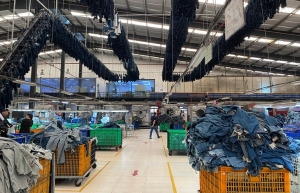 Eco-IP transformation and the realistic benefits for businesses
Eco-IP transformation and the realistic benefits for businesses
Creating eco-industrial parks in Vietnam is imperative for the nation to keep up with greener trends. Vuong Thi Minh Hieu, deputy director general of the Department for Economic Zones Management under the Ministry of Planning and Investment and Bui Hong Phuong, national project specialist of the Eco-Industrial Park Intervention in Vietnam, cover the issues at hand regarding related projects up and down the country.
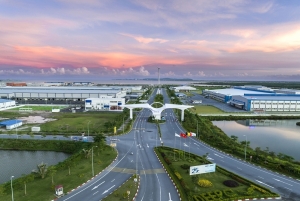 DEEP C working with Japanese firms to develop clean energy sources
DEEP C working with Japanese firms to develop clean energy sources
DEEP C is working with several Japanese firms to develop more reliable renewable energy sources for clients of its industrial zones.
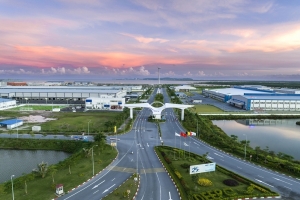 DEEP C Industrial Zones remain a reliable investment location
DEEP C Industrial Zones remain a reliable investment location
The DEEP C Industrial Zones (IZ) complex – based in Haiphong city and Quang Ninh province – initiated 21 new projects last year with a total capital value of $970 million, including those for vehicle manufacturing and component production for the renewable energy industry.


